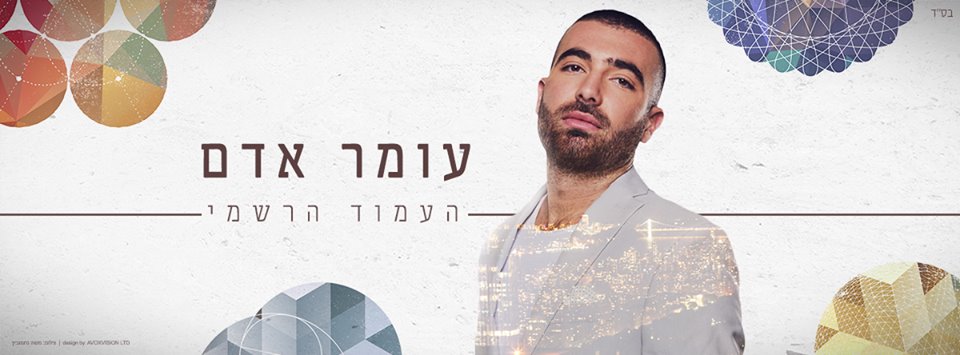

Israeli singer Netta Barzilai initially praised the song on Instagram as “catchy” and “addictive,” but removed her post and apologized after receiving comments that it was offensive. He added that Michaeli should “take a moment to breathe” and focus on improving transportation in Israel. “I want to believe that if Omer Adam saw the girls who…believed what implies, he would make this song disappear from the world,” Michaeli wrote in a Facebook post.Īdam responded to Michaeli on Facebook, underscoring that his own family comes from the Caucasus (a region of former Soviet republics) and that the song was performed in jest and wasn’t meant to insult anyone.

Was Adam’s song written in good faith and simply meant to be humorous, or was it offensive and inappropriate? Transportation Minister and Labor party leader Merav Michaeli expressed her strong criticism of the song, calling it “racist, disparaging and humiliating.” What does the debate over “Kakdila” reveal about Russian Israelis and Israel? Diversity of perspectives With the song causing such an uproar in Israeli society recently, we wanted to better understand this controversy and why this caused such strong reactions. Meanwhile, others came to Adam’s defense, arguing that he did not mean to insult anyone and is “allowed” to poke fun at the Russian Israeli community because his father is of Russian descent. All day long just Nyet and Da!” (“Nyet” and “Da” mean “no” and “yes” in Russian.) The woman portrayed in the song drinks a lot, does not speak Hebrew well and is sexually promiscuous.įor example, the chorus includes the lyrics, “Where did she come from? She says that Hebrew is language difficult. “Kakdila” quickly trended on YouTube following its release about a month ago, and currently has more than 4 million views and nearly 12,000 comments about whether it is racist or not.Ĭritics argue that the song, which is about a Russian Israeli woman, contains derogatory stereotypes about the Russian-speaking Israeli community. The song - which was released in time for “ Novy God,” the Russian celebration of New Year’s - was criticized as racist and sexist by several prominent Russian Israelis, as well as Labor party leader and Transportation Minister Merav Michaeli who called it “the most vulgar three minutes heard during the last year.” Playing Tel Aviv three times in Just Dance 2020 unlocks the I Get Around sticker.Israeli pop singer Omer Adam is used to creating songs that top the Israeli charts, but his latest single, “Kakdila” (which means “How are you” in Russian), caused a slightly different kind of reaction.Despite this, P1 can be seen on the thumbnail of the Gamescom tracklist video.
#Omer adam tel aviv full

#Omer adam tel aviv series
Tel Aviv is the seventh song in this series to be named after a city, after Viva Las Vegas, Night Boat To Cairo, Istanbul (Not Constantinople), Moskau, Waking Up in Vegas, and Havana.Tel Aviv is the first Hebrew-language song in the series.Tel Aviv is featured in the following playlists: Gold Move 2 in-game Appearances in Playlists He wears a pair of sunglasses, an orange visor, an orange polo shirt with an aqua blue collar and pocket trim, a pair of purple, orange, and blue vertically-striped shorts, and a pair of yellow shoes with orange lace-bases. P3 has short black hair and a black beard. He wears a red bowler hat, a pair of sunglasses, a yellow, short sleeve polo shirt with black sailboats, a few gold chains, a pair of aqua blue Bermuda shorts, and a pair of orange shoes with white platforms and black laces.

P2 has a black mustache and short, black hair. He wears a pair of sunglasses, a light blue, opened button-down shirt, several gold chains, a pair of orange pants, and a pair of orange shoes with yellow lace-bases. P1 has long, black hair in a low ponytail. The routine is performed by a trio of men.


 0 kommentar(er)
0 kommentar(er)
